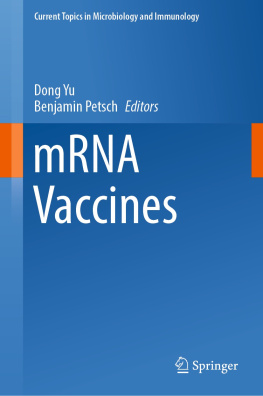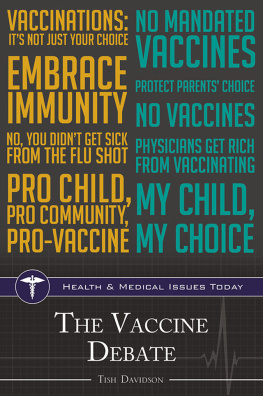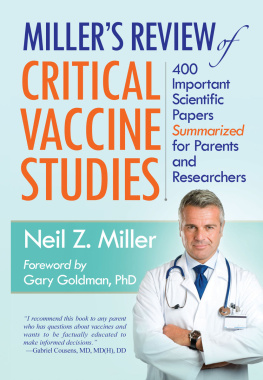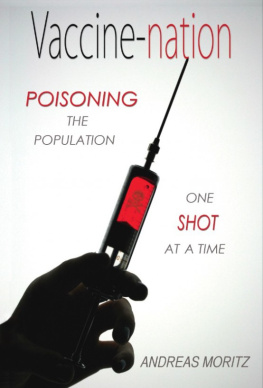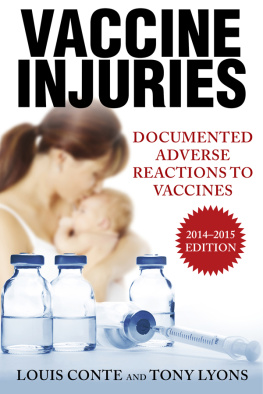

Please visit our website, www.garethstevens.com.
For a free color catalog of all our high-quality books, call toll free 1-800-542-2595 or fax 1-877-542-2596.
Cataloging-in-Publication Data
Names: Kovacs, Vic.
Title: Vaccines / Vic Kovacs.
Description: New York : Gareth Stevens Publishing, 2017. | Series: Miracles of medicine | Includes index.
Identifiers: ISBN 9781482461022 (pbk.) | ISBN 9781482461725 (library bound) | ISBN 9781482461039 (6 pack)
Subjects: LCSH: Vaccines--Juvenile literature.
Classification: LCC RM281.K68 2017 | DDC 615.372--dc23
Published in 2017 by
Gareth Stevens Publishing
111 East 14th Street, Suite 349
New York, NY 10003
Copyright 2017 Gareth Stevens Publishing
Developed and produced for Rosen by BlueAppleWorks Inc.
Managing Editor for BlueAppleWorks: Melissa McClellan
Designer: Joshua Avramson
Photo Research: Jane Reid
Editor: Marcia Abramson
Photo Credits: Cover Alexander Raths/iStock; title page Evgeny Atamanenko/Shutterstock, p. Sgt. Adam Erlewein/U.S. Army/Public Domain
All rights reserved. No part of this book may be reproduced in any form without permission from the publisher, except by a reviewer.
Printed in the United States of America
CPSIA compliance information: Batch CW17GS: For further information contact Gareth Stevens, New York, New York at 1-800-542-2595.
CONTENTS
Chapter 1
The History of Vaccines
Chapter 2
Types of Vaccines
Chapter 3
Vaccination Schedule
Chapter 4
Public Health
Chapter 5
Creating Vaccines
Chapter 6
Vaccines of the Future
CHAPTER 1
THE HISTORY OF VACCINES
Vaccines are compounds, usually human-made, that are used to prevent the contraction of certain to destroy it. That way, if your body ever encounters the same disease again, it knows how to fight it off, and stops you from getting sick.
The first modern vaccine was created by a doctor from England named Edward Jenner. It was popular knowledge that milkmaids on farms tended to be immune to . Jenner thought this might be because they often contracted cowpox from cows while milking them. Cowpox is very similar to smallpox, but much less dangerous. Smallpox is often deadly, and is extremely contagious. Believing that a cowpox infection could protect someone from its more dangerous cousin, Jenner decided to test his theory in 1796.
THE FIRST VACCINE
THE FIRST SUCCESSFUL VACCINE WAS THE SMALLPOX VACCINE. IT WAS DEVELOPED BY DR. EDWARD JENNER IN 1796. JENNER NOTICED THAT MILKMAIDS WHO HAD PREVIOUSLY CAUGHT COWPOX BECAME IMMUNE TO SMALLPOX. JENNER USED THE COWPOX MATTER TO INOCULATE THE PATIENTS TO BUILD UP THEIR IMMUNITY. THE WORD VACCINE IS DERIVED FROM VARIOLAE VACCINAE, WHICH MEANS SMALLPOX OF THE COW.
FIGHTING MICROBES
Microbes are tiny organisms found everywhere on Earth including inside the human body. Some are essential for health but others, often called germs, cause disease. When an unfamiliar microbe invades your body, the tries to fight it. While this battle rages, you become ill. The more powerful the microbe, the more serious the illness may become. Vaccines have been developed to prevent many of these illnesses, but others still challenge scientists today.
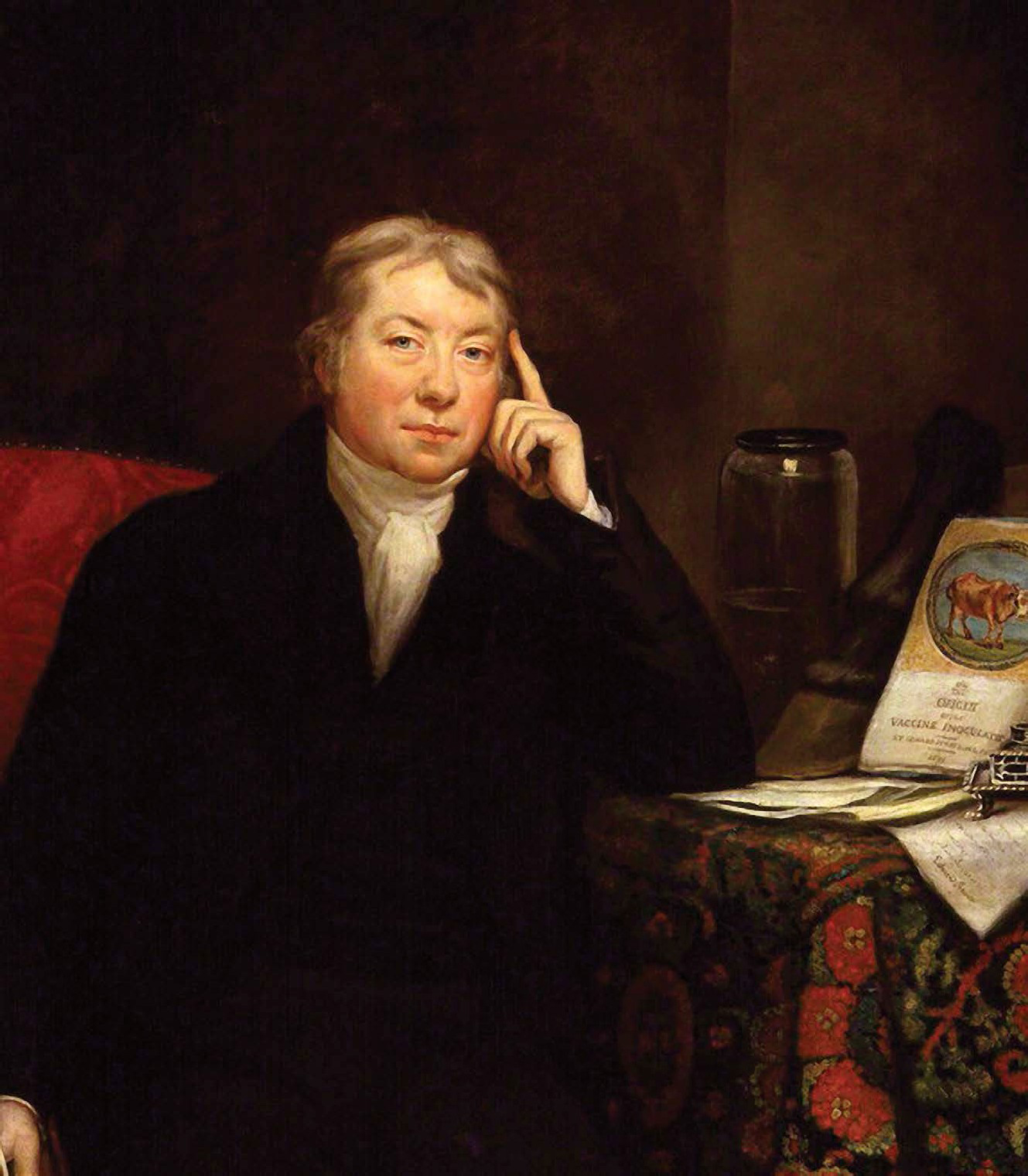
Until Dr. Edward Jenner (1749-1823) discovered one of the basic principles of inoculation, smallpox killed millions of people worldwide each year. Although he never sought honors or financial gain for his work, he became known as the father of immunology.
To test his cowpox theory, Jenner enlisted his gardeners eight-year-old son, James Phipps. Using pus taken from the cowpox lesions of an infected milkmaid, Jenner inoculated the boy. Phipps developed a fever and some discomfort, but did not become seriously ill. When he was later exposed to smallpox materials, he did not come down with the disease. This was a huge advance from the previous method of inoculation, which was to rub scratches with smallpox scabs, in the hope that this would produce a milder infection. Although it took some time, Jenners cowpox-based vaccine eventually caught on and became the standard way to prevent a previously dangerous and deadly disease. Because of it, smallpox was declared eradicated in 1980. So far, its the only human disease to have been completely wiped out.
Another early trailblazer was scientist Louis Pasteur. Pasteur was a major proponent of germ theory, and eventually convinced much of the world of their existence. Through this work he also created vaccines for rabies and anthrax. While conducting animal trials with his rabies vaccine, he faced a dilemma. A boy who had been attacked and badly hurt by a rabid dog was brought to him.
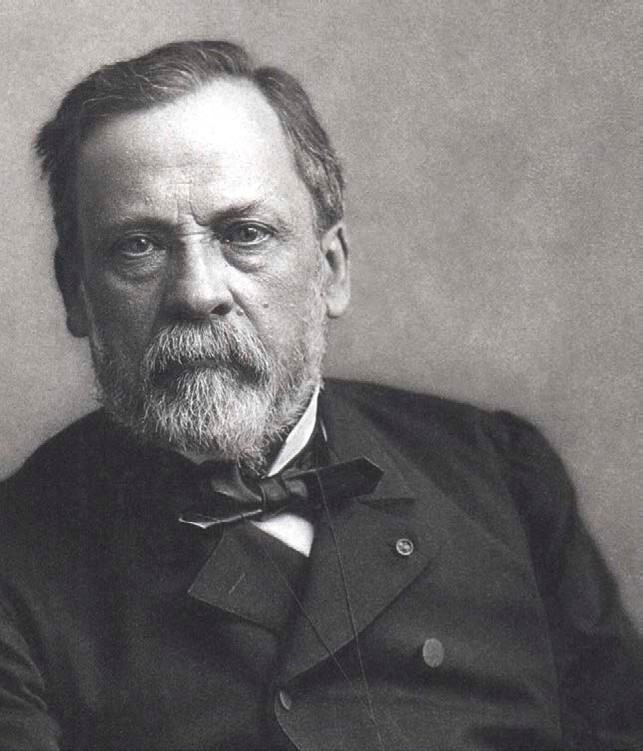
French scientist Louis Pasteur (1822-1895) made many discoveries about microbes and vaccines. He also invented the widely used process of pasteurization for removing bacteria from milk and other products.
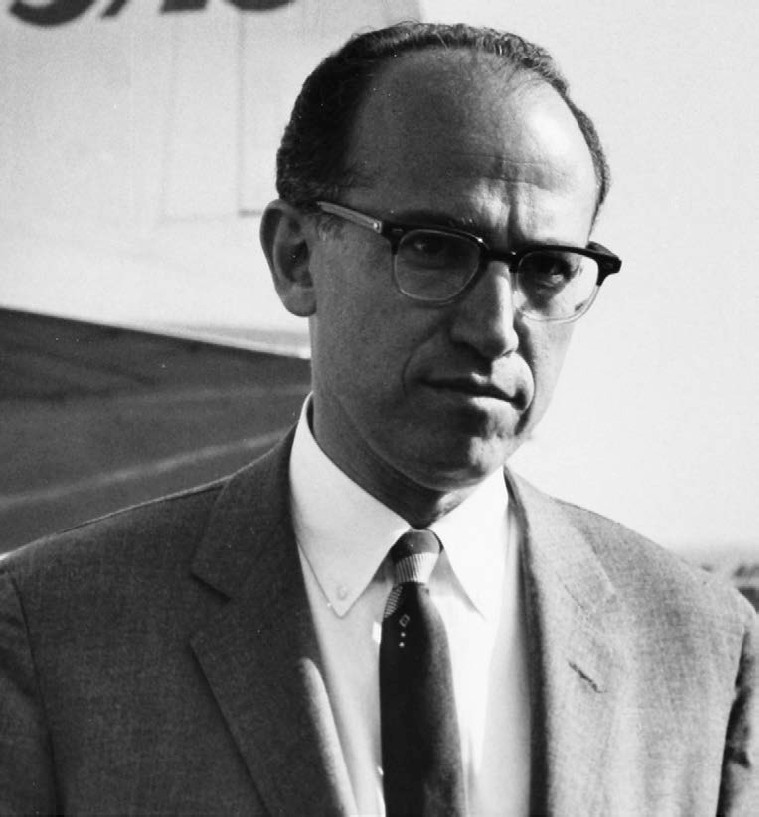
Dr. Jonas Salk (1914-1995), an American physician, became a world hero for his work developing the first polio vaccine. He did not the vaccine because he wanted it to be available to everyone.
Since he wasnt a doctor, administering treatment, especially an experimental vaccine that had never been tested on humans, could have landed him in very hot water. Pasteur had him vaccinated anyway, and, luckily, it worked. The boy did not develop rabies, and Pasteur was considered a hero instead of being prosecuted.
Polio is a very contagious disease thats caused by a virus. In the late 19th and early 20th centuries, it was widely feared because it could cause permanent in some cases, and could even kill. Mostly infecting children, it is also known as infantile paralysis. It is also incurable. Epidemics were common in the first decades of the 20th century in America. Because of all these horrifying factors, the need for a vaccine to prevent the disease was obvious, but developing one proved difficult. Dr. Jonas Salk, building on previous experiments by other scientists, developed a new method. He killed several different strains of polio, which then became harmless. These were injected into the patients bloodstream. The immune system then learned how to make antibodies that would destroy the viruses, without any harm to the subject. By 1955 the vaccine was approved for wide use, and cases of polio began to decline.
CHAPTER 2
TYPES OF VACCINES
There are several different types of vaccines. Though they all have different properties, they all function based on the same mechanism: introducing your body to viruses or and forcing your body to learn how to fight them off. Your body then develops an immunity to these illnesses without actually having to get sick. The degree to which the immunity-causing agent is weakened or killed depends on the type of vaccine. There are also vaccines that use agents other than viruses or bacteria. Different types of vaccines are developed based on the properties of the disease that is being prevented. Scientists determine which type of vaccine will be the most effective while also creating the fewest number of symptoms. Sometimes the type of vaccine used for a certain disease will change. This is often due to advances in medical science and the discovery of new techniques.
Next page



